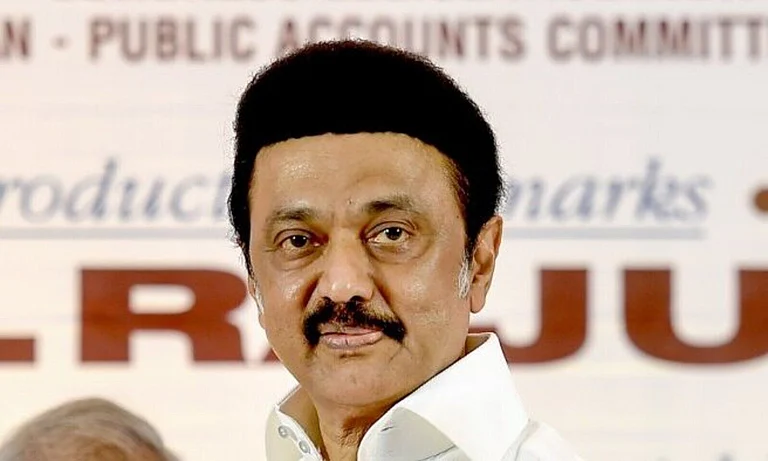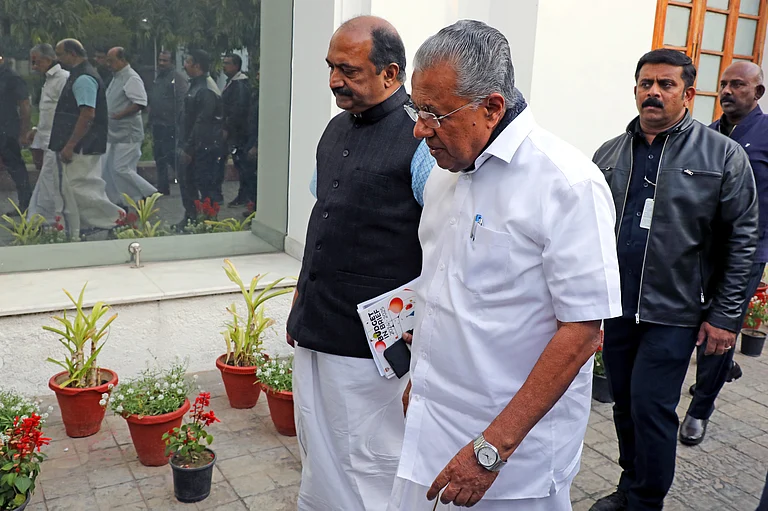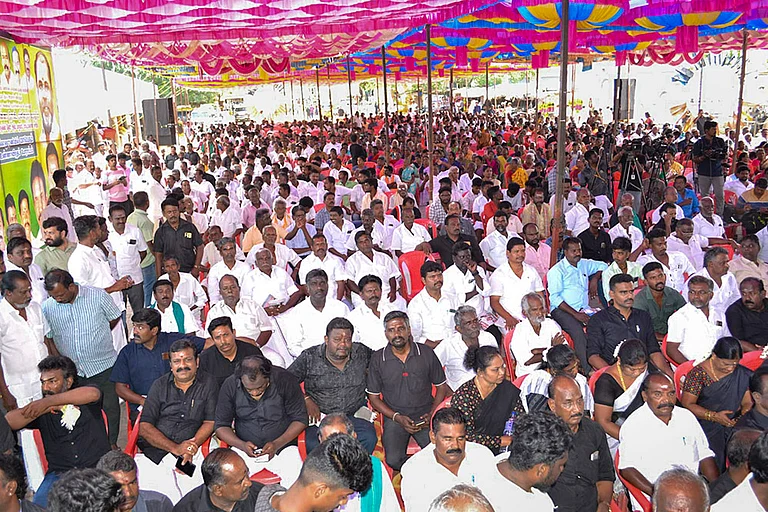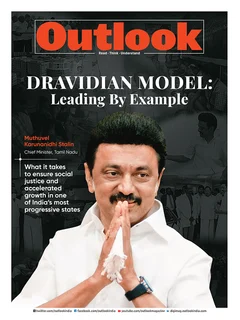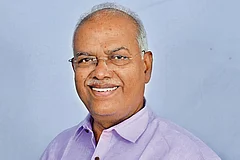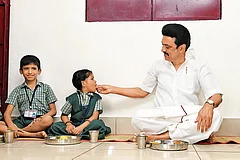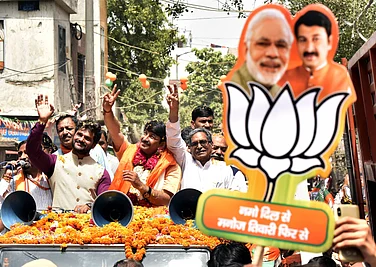In the last 100 years, Tamil Nadu has transformed into a knowledge-based society. The social, literary, and political movements brought changes in educational policies that broadbased and democratized education to all parts of Tamil Nadu. Education is the key to social mobility and it was rightly democratized through a series of interventions like the issuance of communal G.O. by the then Justice Party which helped increase representation of people belonging to diverse castes and religions. Amongst many interventions, a library movement also began in the early 20th century.
The Connemara Public Library is one of the four repository libraries in India. One of the oldest libraries in Tamil Nadu is Serfoji’s Saraswathi Mahal Library which was opened to the public in 1918. Closely after Indian Independence the Madras Public Libraries Act was passed in the year 1948 under the chief ministership of Thiru Omandur Ramaswamy Reddiar. It is the first Act for the public libraries in Independent India. Other states followed suit. The Madras Public Libraries Act provides for overall governance by a State Library Committee presided over by the Education Minister for the State. In 1972, the DMK Government established the Directorate of Public Libraries which catapulted the Library movement in Tamil Nadu in a big way. This led to the establishment of a number of libraries throughout Tamil Nadu. Currently 4661 libraries function under the Department of Public Libraries (DPL). Apart from the Connemara Public Library (Chennai), the Anna Centenary Library (Chennai), and the Kalaignar Centenary Library (Madurai), there are 32 district central libraries, 314 full-time branch libraries, 14 mobile libraries, 1612 branch libraries, 1915 village libraries, and 771 part-time libraries.
K. Thirunavukkarasu, a scholar of the Dravidian movement has recorded the involvement of the members of Dravidian parties in setting up small reading rooms (padippagam) and libraries around every street corner in the State. Small libraries were opened even in tea shops and saloons. This movement enabled the social mobility of poor people, says Thirunavukkarasu. The communist party also was involved in similar efforts.
One of the finest architectural marvels in post-independent India, the Anna Centenary Library was opened by the then Chief Minister Kalaignar Thiru M Karunanidhi
In 2010, the Anna Centenary Library ACL was opened by the then Chief Minister Kalaignar Thiru M Karunanidhi. With an impressive 6.25 lakh books in major languages of the world and 2 lakh e-books and subscriptions to academic journals from around the world it caters to users from around the world. The ACL also accommodates the Oriental Manuscripts Library, the country’s oldest manuscript library. What is heartening to see is the mindful act of making the building and collection accessible to all sections of society including differently-abled people. When the subsequent ADMK govenment wanted to convert it to a hospital, the court intervened and directed the ADMK Government to ensure the Library is run well. With the formation of the Government in 2021, the DMK Government quickly took a decision to spread the message of the importance of libraries and education. The government allocated funds to overhaul the ACL which was left unattended for a stint. In 2023, The Kalaignar Centenary Library (KCL) was inaugurated by the Hon’ble Chief Minister Thiru M K Stalin, in Madurai. This ensures broadbasing access to knowledge.
The Government formed a committee to reform the Public Library Act under the chairmanship of Thiru Ma. Rajendran, former Vice Chancellor of Tamil University, Thanjavur. The chairman with his colleagues from diverse fields such as librarians, academicians, archivists and technology experts from India, USA and UK presented a draft to the Government which is under review. The current Act would address all Library services related issues and be futuristic considering the possibilities of technological development.
There are several priviate libraries that get governmental support. The unique Tamil collections of the Maramalai Adigal library were shifted to the Connemara Public Library under instructions from Kaliagnar when he came to know of the dire need of support for the former. The U. Ve. Saminatha Iyer Library, housed in Kalakshetra in Besant Nagar received support from the newly formed Government in 1967.
Closely after the World Tamil Classical Conference that was held in Coimbatore in 2010, the Government acknowledged another important collection namely, the Roja Muthiah Research Library (RMRL). It provided the building owned by the Local Library Authority to this initiative thus saving hundreds of thousands of rare imprints. The Library has done pioneering work in the area of preservation and exists to serve the common public and research community with its eclectic range of collections. The current Government has seen the importance of such an institution in the State and has supported it with additional space and a part grant as a major gesture to the cause of Tamil and knowledge preservation. There are many more collections such as the Gnanalaya Library in Pudukkottai, The Adyar Library and Research Centre, Chennai, Mahakavi Bharathi Memorial Library, Erode, Sivagurunathan Tamil Library, Kumbakonam, Tamil Nool Kaapagam, Virudhachalam Saibu Maraicar Library (Islamic Library) which are doing well supporting the Library movement.
When talking about private efforts, Sankaralingam, a lecturer of Library Science at Madras University and the first director of the Roja Muthiah Research Library always talked about the New Library movement with the initiatives of both the Government and NGOs. When RMRL was started in 1994, he mentioned that it was the beginning of a new library movement that followed the earlier movement that was already in place.
One of the efforts by the government is the establishment of the Tamil Virtual Academy (TVA). The TVA is now involved in digitization of rare books and provides open access through its Tamil digital library. It is currently used by scholars all over the world to access Tamil books and magazines. Another initiative of the T.N. Government is the development of the Union Catalogue for Public Libraries. Union Catalogue is the integration of catalog records of all the district central libraries in Tamil Nadu. This is immensely helpful for scholars in identifying the material. This project was undertaken by the DPL along with the RMRL.
MORE FROM THIS ISSUE
The current DMK government constituted the panel for the Local Library Authority and the State Library Committee.







